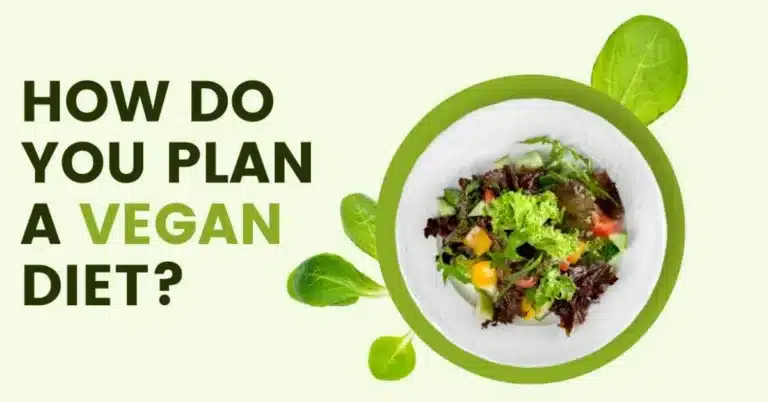Table of contents
Introduction to Vegan Diet Planning
Embracing a vegan diet can significantly impact your health and the environment. This guide will help you understand the crucial aspects of planning a vegan diet, ensuring it’s balanced, nutritious, and satisfying.
Understanding Nutritional Needs
A vegan diet requires careful planning to meet nutritional needs. Essential nutrients must be considered to avoid deficiencies and maintain overall health:
- Macronutrients: Proteins, fats, and carbohydrates.
- Micronutrients: Vitamin B12, Iron, Calcium, and Vitamin D.
- Planning involves understanding sources and daily requirements of these nutrients.
For a deeper understanding of the essential nutrients in a vegan diet, visit Complete Guide to Vegan Nutrients.
Steps to Plan a Vegan Diet
Step-by-Step Guide to Planning Your Vegan Diet
- Evaluate Dietary Needs: Consider calorie requirements and personal health conditions.
- Balance Macronutrients: Ensure a good mix of proteins, fats, and carbohydrates from various plant sources.
- Diverse Protein Sources: Include legumes, nuts, seeds, and whole grains to cover amino acid profiles.
Choosing the Right Foods
- Staples of a Vegan Diet:
- Grains like quinoa and brown rice
- Protein sources such as lentils, chickpeas, and tofu
- Healthy fats from avocados and nuts
- A wide range of vegetables and fruits for micronutrients
- Tips for buying whole and minimally processed foods to maximize nutrient intake.
For beginners, Vegan Diet for Beginners offers practical tips and essential knowledge to start your vegan journey. Additionally, for those managing both gluten-free and vegan dietary needs, find valuable insights and recipes on Gluten-Free Meal Prep.
Meal Planning Strategies
- Weekly Meal Planning:
- Plan your meals for the week to ensure variety and balance.
- Prepare meals in advance to save time and reduce stress.
- Meal Ideas:
- Breakfast: Oatmeal with fruits, vegan yogurt with nuts.
- Lunch: Quinoa salad, veggie wraps.
- Dinner: Stir-fried tofu, vegan curry with rice.
- Snacks: Hummus with carrot sticks, fruit smoothies.
Overcoming Challenges
Common Challenges and Solutions
- Nutritional Deficiencies: Regularly monitor levels of critical nutrients such as iron and vitamin B12.
- Social Dining: Look for vegan-friendly restaurants or menu items when eating out, and don’t hesitate to ask for modifications.
Supplements and Fortified Foods
- Supplements: Some nutrients might be hard to obtain from diet alone. Consider supplements for Vitamin D and Vitamin B12.
- Vegan-friendly supplements are essential, especially if dietary intake isn’t sufficient.
FAQs About Planning a Vegan Diet
How do I ensure I’m getting enough protein?
Incorporate a variety of plant-based proteins into every meal.
Can a vegan diet provide all necessary nutrients?
Yes, with careful planning and sometimes supplementation.
Tips for transitioning to a vegan diet smoothly?
Start slowly, substituting plant-based alternatives for animal products gradually.

